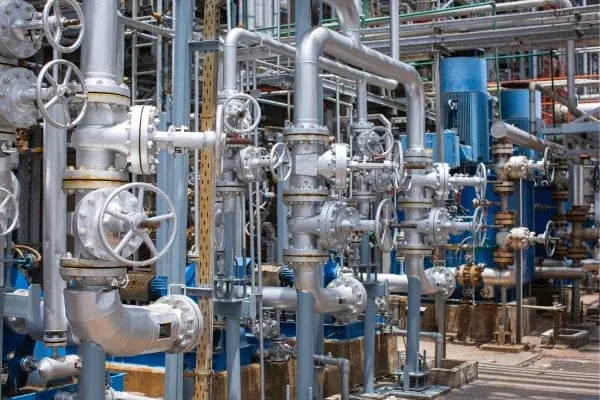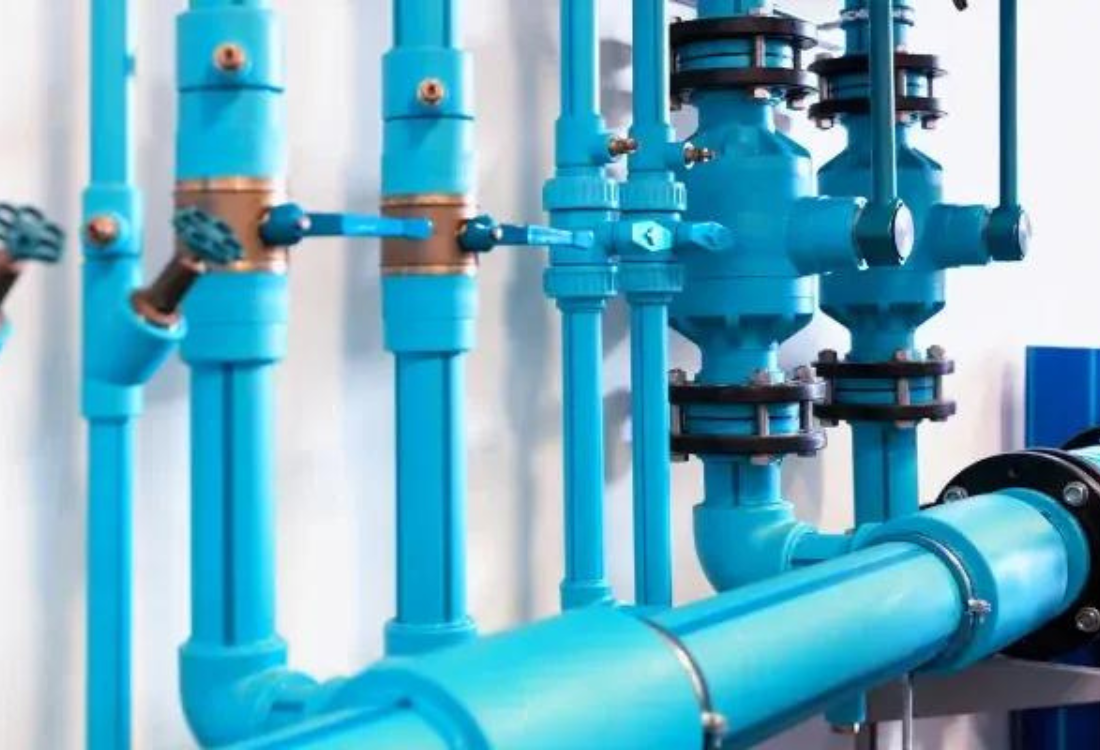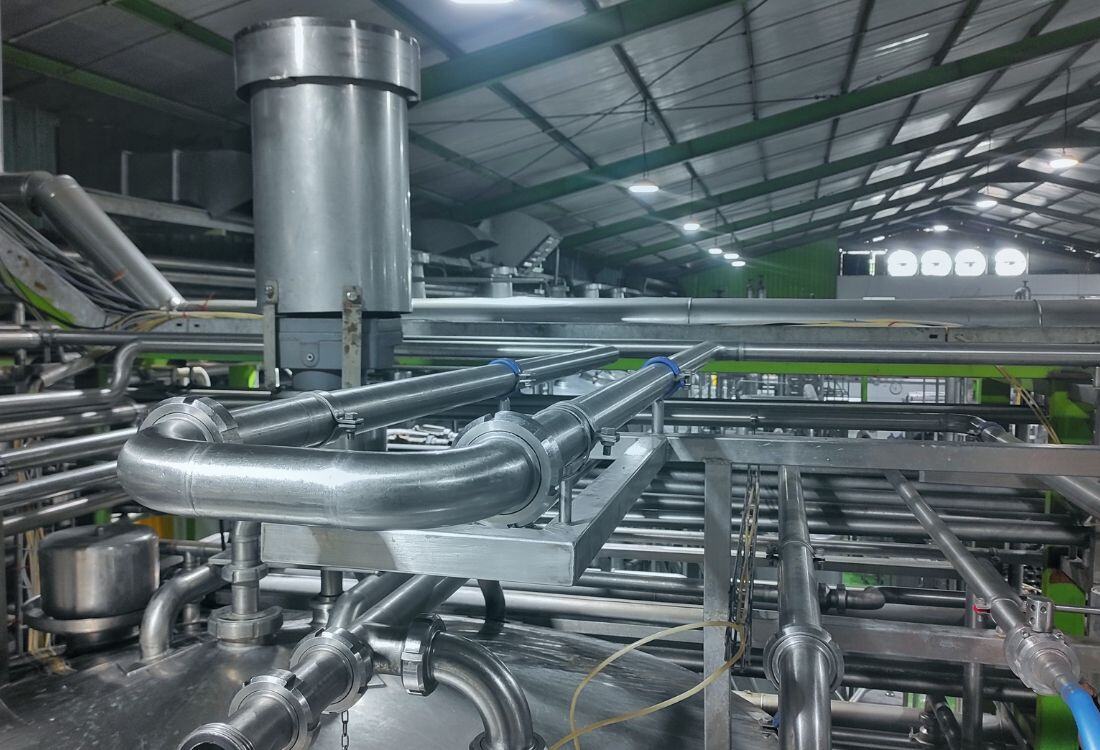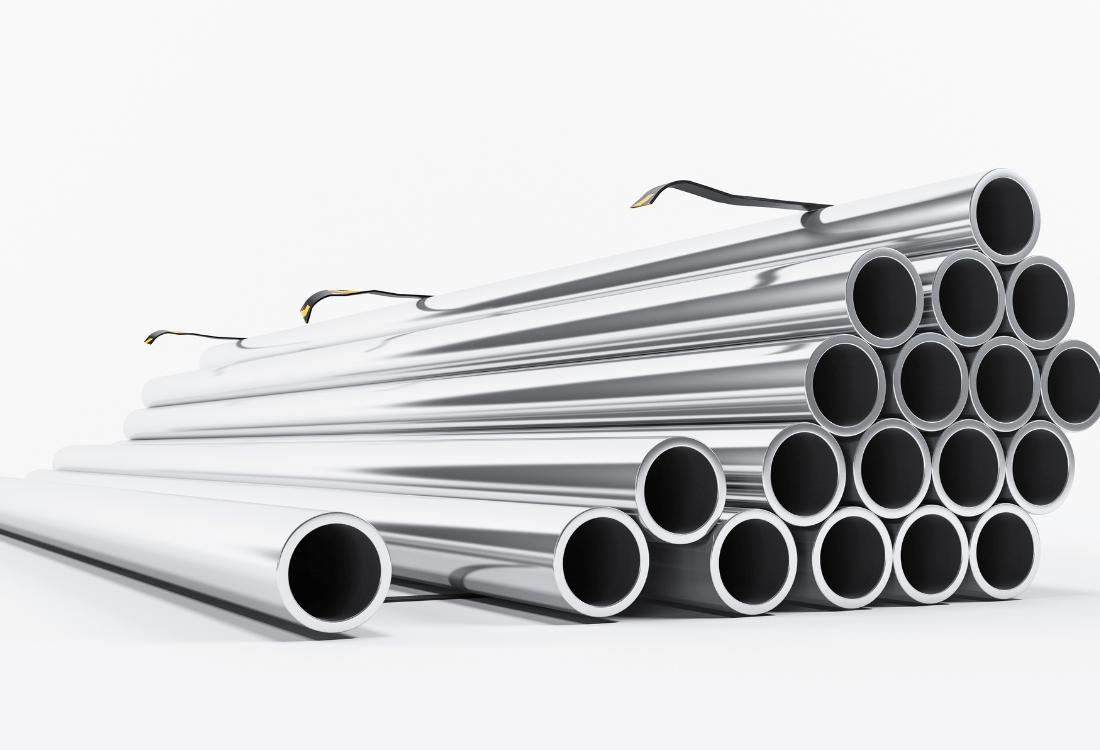Restoring Stainless Steel: The Pickling Process
Pickling is a chemical cleaning process that uses strong, corrosive acids to remove heat-tint and oxide scales. During the welding process, the stainless steel below the weld-oxide is depleted in chromium. The pickling process removes the scale and depleted chromium area, restoring the alloy to its original composition.
Pickling can be performed by immersion, circulation, spraying or brushing. Typically, smaller items are immersed and larger items are sprayed. Fixed pipework and vessels can be circulated through. The design of the component will usually dictate which process is used. For example, it may be prudent to spray a small, complicated fabrication rather than to immerse it – where it is at risk of acid entrapment, formation of air-pockets and handling damage.
.webp?width=600&height=400&name=Pickling%20and%20Passivation%20(1).webp)

Tailoring Pickling Solutions for Optimal Results
The grade of stainless steel / duplex should be taken into consideration, as well as the severity of discolouration in the heat-affected-zone and/or other contaminants. We adjust the chemistry of our pickling products to suit individual projects as to be able to remove contaminants without adversely affecting the base material. This includes the special formulation of a nitric-free solution which enables us to safely heat the pickling chemicals to much higher temperatures, dramatically reducing the required contact times on super-duplex projects.
Frequently Asked Questions
ASTM A380 ‘Practice for Cleaning, Descaling, and Passivation of Stainless Steel Parts, Equipment and Systems’ defines pickling as a chemical treatment using strong, corrosive acids that remove metallic contamination, welding and heat-treatment scales.
If your equipment has been subjected to welding and cutting/forming processes that could have contaminated the stainless steel surface, pickling would be the perfect process to remove weld oxides and other foreign debris that could have been introduced.
If your equipment requires polishing, this must be done after pickling.
If the pickling process is carefully controlled, it will not damage your equipment. Rigorous checks should be made to confirm that all materials within your equipment/system is compatible with the pickling chemistry.
Pickling should not be used on equipment that has been polished.
Pickling times are subject to the grade of stainless steel, ambient temperatures, severity of weld- oxides, material thickness, and various other factors.
All things being well, a thorough degreasing, pickling and passivation process on austenitic grades of stainless steel should be possible within 1 to 2 days. Duplex grades will take longer.
Pickling is generally specified when the component needs scale, weld-heat-tint and metallic contamination removing. It etches the surface (and therefore is not suitable for polished finishes).
Passivation will not damage the surface finish. It will only remove lightly adhered ferrous contaminants (free-iron) and helps to restore the chrome-oxide layer (passive layer) that makes stainless steel corrosion resistant.
Pickling is generally specified when the component needs scale, weld-heat-tint and metallic contamination removing. It etches the surface (and therefore is not suitable for polished finishes).
Derouging is normally used on polished surfaces within a high-purity system. Our pH neutral chemistry selectively targets the iron oxides/hydroxides that form the rouge, and leave the underlying surfaces untarnished.
Speak To An Expert
Submit A Question Or Enquiry And Speak To One Of Our Experts To Find Out More!
Submit an enquiry with your question, to give us a brief or to request a call back from one of our experts.
When you get in touch with INOX:
We'll contact you back as soon as we are able to
We'll always aim to provide 'best advice' for your business
We offer a free initial consultation
Your information is treated in the strictest confidence
You can ask us for advice or help on any or all of the following:
- Passivation
- Derouging
- Oxygen Cleaning
- Biofilm Removal
- Riboflavin Testing
- Pre-Commissioning Flushing
- Carbon Steel Pickling
Simply confirm your details on the form provided and we'll be in touch ASAP. We look forward to hearing from you!
From Our Blog

Benefits Of Stainless Steel Pickling In The Power Generation Industry

Rouge Types: What Are The Three Main Classes Of Rouge?

